Apple is gearing up to launch its fifth-generation iPad this September, according to sources in its supply chain. The device is expected to offer a new form factor much like the iPad mini’s, as well as some backlighting modifications and better battery life.
We may have to wait a little longer for the second-generation iPad mini, however. The sources claim Apple is still deciding whether to bring a Retina display to the 7.85-inch device, and if it does, the launch could be delayed until “the end of the fourth quarter.”
![New iPad To Launch This September, But New iPad Mini Could Be Delayed [Rumor] Tim-Cook-new-iPad](https://www.cultofmac.com/wp-content/uploads/2013/07/img_0782.jpg)
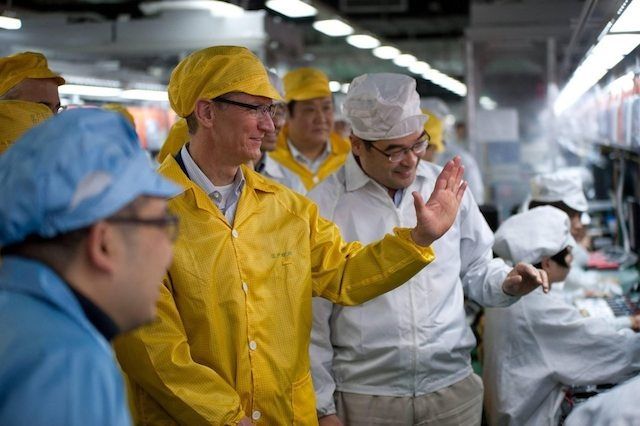
![IPhone 5S To Get Sapphire Crystal Home Button With Fingerprint Sensor [Rumor] iPhone-home-button](https://www.cultofmac.com/wp-content/uploads/2013/05/Screen-Shot-2013-05-14-at-12.25.29.jpg)
![IPhone 5S Components To Begin Shipping In May Ahead Of A Q3 Launch [Rumor] iPhone-5S-yellow-Apple-web-site-image-001](https://www.cultofmac.com/wp-content/uploads/2013/03/iPhone-5S-yellow-Apple-web-site-image-001.jpg)
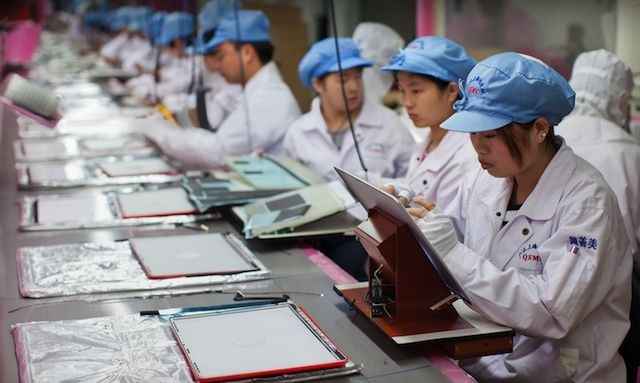

![Hold Onto Your Hats! Apple’s Next iPad Mini To Get Retina Display [Rumor] You new iPad mini's display could look ancient in 12 months.](https://www.cultofmac.com/wp-content/uploads/2012/10/iPad-mini-display.jpg)
![IPad Mini Production To Reach 4 Million Units Per Month In September [Rumor] Will we see more iPad mini components as production ramps up?](https://www.cultofmac.com/wp-content/uploads/2012/07/Apple-iPad-Mini-e1345547566710.jpg)
![Retina iMacs Coming In October [Rumor] The world's most popular all-in-one is expected to get a Retina display this October.](https://www.cultofmac.com/wp-content/uploads/2012/06/Retina_iMac.jpg)
![Apple’s Massive MacBook Pro Orders Are Causing Havoc For Suppliers [Rumor] macbook-pro-family](https://www.cultofmac.com/wp-content/uploads/2012/05/overview_hero20110811.jpg)

![Apple Planning To Kill Intel’s Ultrabook Adoption Push With $799 MacBook Air [Rumor] Sources claim you'll be able to pick up a MacBook Air for just $799 by Christmas.](https://www.cultofmac.com/wp-content/uploads/2012/02/macbookair.jpg)
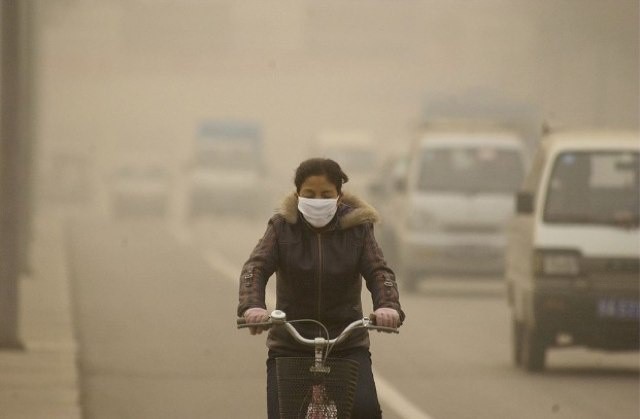
![Apple Will Ramp Up Production Of Next-Gen MacBook Pros in April [Report] Apple's next-generation of MacBook Pros are expected to be thinner and lighter just like the MacBook Air.](https://www.cultofmac.com/wp-content/uploads/2012/02/macbookpro-120210-1.jpg)
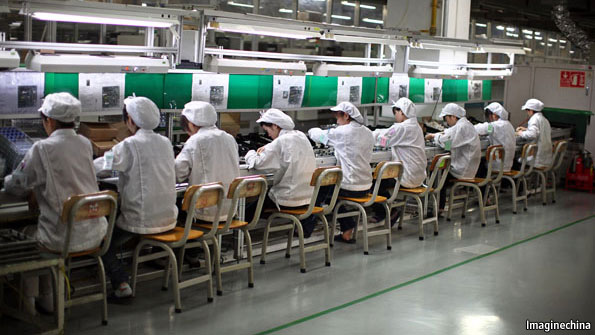
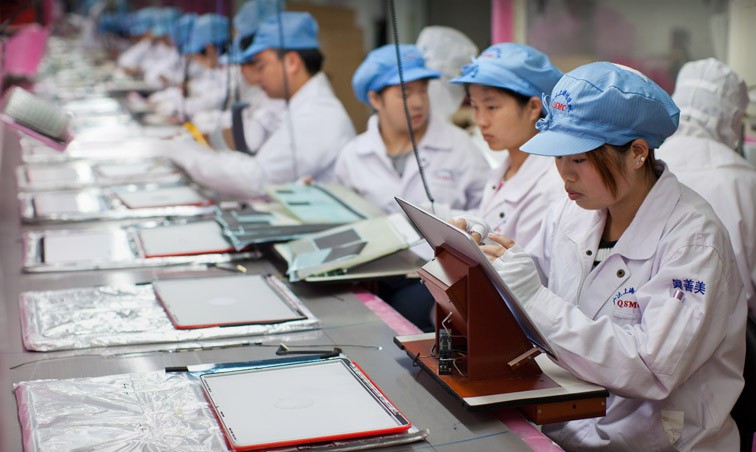
![IPad 3 Expected To Launch In Next 3–4 Months [Rumor] iPad-2-Infinity-Blade-gaming](https://www.cultofmac.com/wp-content/uploads/2011/08/overview_performance_20110302-e1312982335395.jpg)
